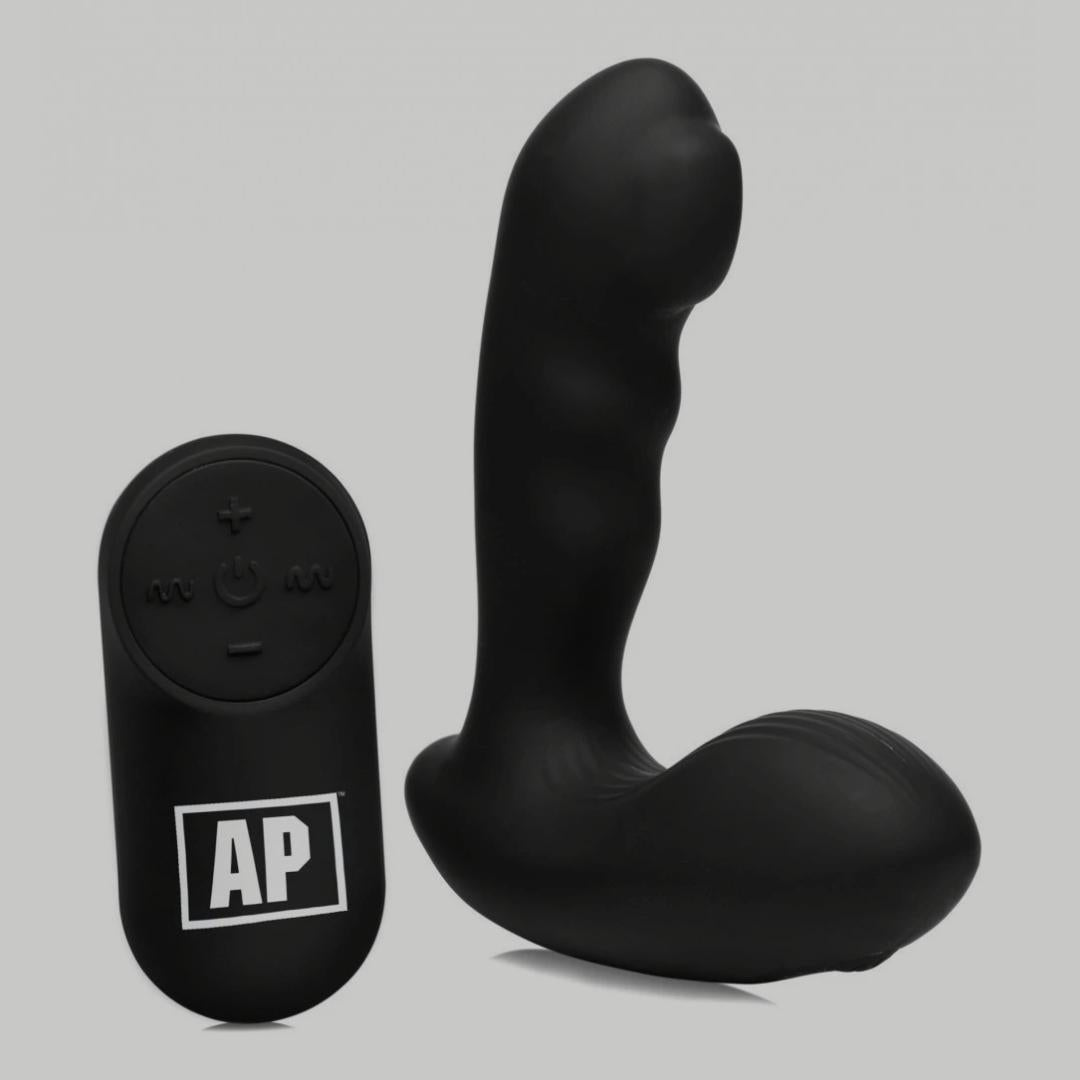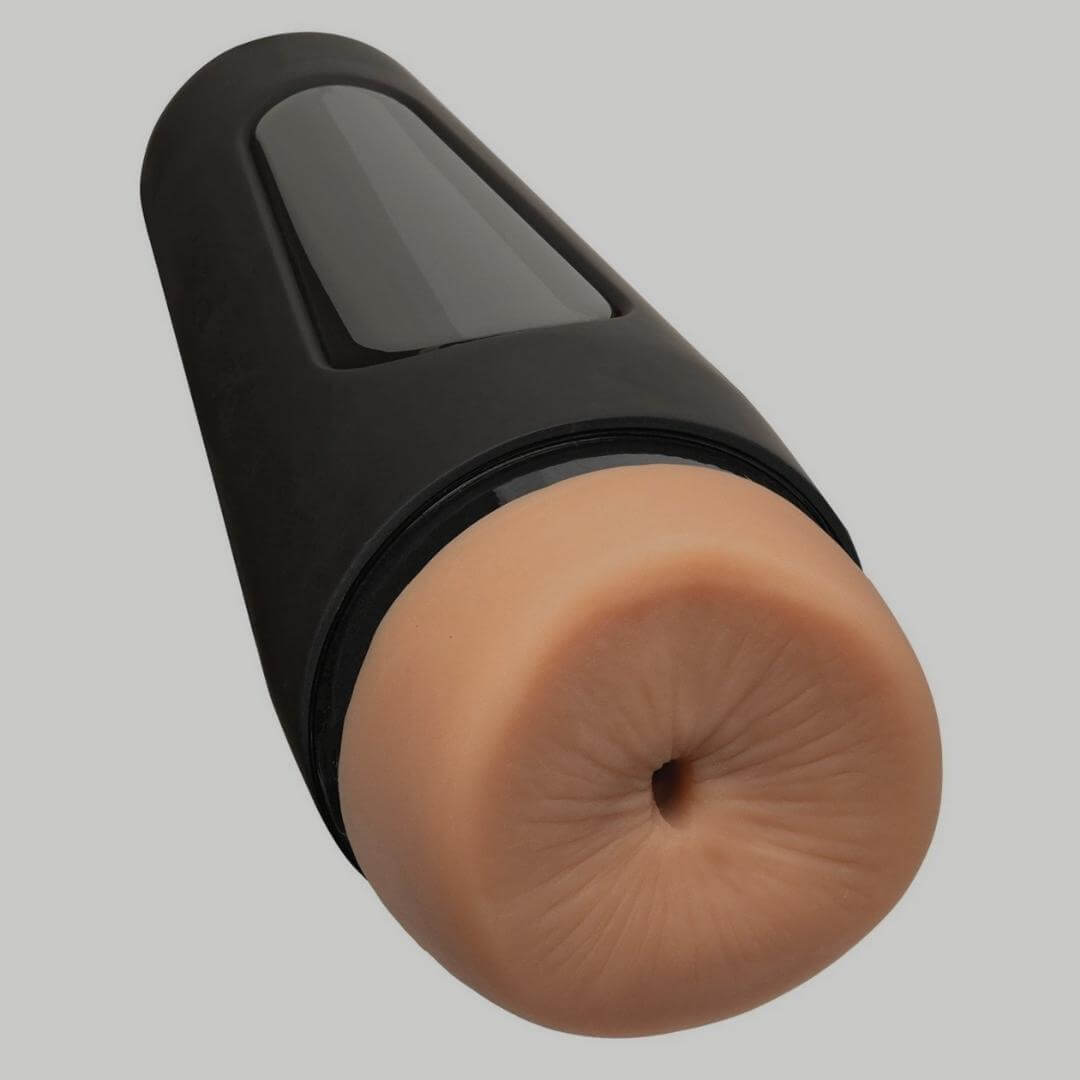Attachment Styles & Gay Relationships

Relationships come in different shapes and sizes. Some are emotionally void; others are just straight-up emotionally exhausting.
Basically, going through dating life in 2020 as a gay man means you’re bound to run into at least one of these two relationship styles. And sometimes, you run into them over and over again. Eventually, it’s enough to make any guy think, “I’m the problem, I’m not good enough.”
In order to start understanding this scenario, you’d need to have a good understanding of attachment theory. Thankfully, it’s arguably the most well-researched theories in relationship psychology. The just of it is that it’s a theory describing the interconnected nature of our primary caregivers, like your parents, and our beliefs of how love should be.
The way we view ourselves and others as adults is molded early on by these caregivers. Depending on a wide variety of queues, like how available and responsive they were to our emotional and physical needs, our attachment style as an adult can be greatly skewed. Then as an adult, in an adult relationship, your attachment system can be triggered by your man friend or friends.

What is your attachment alarm?
So, just how are you triggered? If you think back to your primary caregiver growing up then you can start to see a lot of patterns that form.
- If the person you were raised by - heck even if they didn’t raise you, the person that was supposed to raise you - was neglectful then you may find yourself expecting to be abandoned again. You could experience constant feelings of self-doubt and inadequacy. As an adult, you may end up with an independence complex where you feel the need to be alone and in control of everything around you. These feelings could alter the way you behave in a relationship.
- Maybe you had a helicopter parent, someone who was always, if not constantly, there for you. Did this upbringing really prepare you for making decisions on your own? You’ll start to see this creep up in relationships really quickly. You might find yourself oblivious to your partner’s attention on you because you’re used to an absurd level of attention from those that care about you. You can see how this could take a toll on a relationship, right?
- Was your primary caregiver inconsistent? Sometimes they were there for you and other times they weren’t? Maybe because of their job or an addiction. Either scenario can be significantly impactful on your attachment style later in life. You might find yourself very guarded, never letting anyone in because they won’t always be there anyway so why not start now. This isn’t a healthy way to foster a new relationship, hell, it’s far more likely to cancel the relationship before it even gets off the ground.
Was there someone you could count on as a child? What about as a teenager and then as a young adult? Whether or not you had a reliable and stable adult figure in your life has a lot of weight when it comes to how you act in a relationship as an adult. Stable relationships as a child give you an understanding of how people properly interact in a healthy adult relationship. As a child, you’re dependent on these people and if they are neglectful it’s easy to see how that can impact your adult life.
Who did you go to when you had a problem? Maybe you were comfortable going to your parents and asking for help. They gave you the support you needed or maybe they didn’t and that reinforced the belief you developed that no one would be there for you. In a gay relationship, the likelihood that both of you ended up experiencing some trauma as a child is higher than the average hetero couple. Just as likely, is that you have different attachment styles because of your unique life experiences. And that’s totally ok! Being with someone who’s exactly the same as us would make for a boring relationship, right?
How do you identify your attachment style?
The best way to identify your attachment style is to start exploring the four patterns of attachment in adults. Then you can learn about how they impact couples in their relationships as adults.
It’s actually pretty easy to figure out what your attachment style is. Attachment theory tells us that we have a secure attachment style if our primary caregiver as a child was responsive and available. They made you feel safe and secure when times got tough for you. Secure attachment can be critical to a successful relationship so it’s really fortunate if you’ve grown up in a supportive family. As an adult, you recognize that a secure relationship is when your partner is there for you and there to support you. If you’re in an insecure relationship or you’ve met a man with an insecure attachment style, you’re going to be triggered over and over again. Your relationship won’t feel safe, stable, or even remotely secure.
Having an unresponsive caregiver as a child can lead to a lot of issues in your adult relationships as a gay man. If you or your man have an insecure attachment style, then it’s likely to show up in one or more of these three ways:

Anxious attachment
Anxious attachment can stem from an inconsistent caregiver. Maybe they tried to win you over with presents and a false sense of joy after they were absent or even simply ‘busy’ with work for months. This is really confusing for a growing brain, especially one that may already be wary of their place in society. We already know that growing up gay has you hiding things left and right, whether it’s the more feminine parts of you or your relationships. As tough as this experience is, it teaches us a lot about interacting with people, but maybe not for the best. Ultimately, this attachment style leaves you clinging onto the good times, but unable to fully trust your partner.
Avoidant attachment
If you had a neglectful caregiver growing up, then you’ve likely developed an avoidant attachment style. You might have more memories of playing alone than your friends or parents. While it’s a good thing to know how to be independent, it can be detrimental to a long-term relationship if you tend to be extremely independent. You may describe yourself as someone who doesn’t need anyone to make it through life. You’re ‘tough’ enough to make it through anything alone, but where is your partner in that? This style of attachment isn’t very involved in their adult relationships because they tend to avoid the intimate scenarios that help a relationship foster.
Disorganized attachment
If you grew up in an abusive, traumatic, or chaotic environment you’re more likely aligned with the disorganized attachment style. You never really established a secure base; you don’t truly have an understanding of what a healthy relationship should be. You learned to fear your caregivers as the inflictors of your abuse and not the people guiding you to a healthy future. This fear can certainly break its way into your relationship, and chances are if you think you’re this attachment style, you know exactly how it’s eating away at your love life. But knowing is only half the battle and it’s not easy to change the core of who you are.
These styles can massively affect how your adult relationships pan out. They’ll affect how you find a life partner and how you act in that relationship.

So, what can you do?
Through lots of effort and hard work, you can change your attachment style. Therapy is the go-to for a lot of problems you can’t work through on your own, and I’d really recommend it for this situation. Knowing your attachment style can help you be more aware of who you choose in a partner. With the help of a relational therapist, you can work towards the relationship goals you have. With their help, you’ll be able to overcome previous emotional wounds and heal them beyond just a scar. They’ll work with you to develop an increased awareness surrounding these triggers.
Basically, adult life is reliving scenarios you grew up in, only with all the joys of debt, grocery shopping, and unhealthy vices. We repeat the patterns we’re familiar with because it’s, quite frankly, comforting. You know just what will happen and that gives you a false sense of security. And when you do decide to pursue a relationship you may be confusing the feelings of healthy relationship chemistry with the things you’re familiar with, like the trauma and neglect from your childhood.
Challenging your insecurities is tough, but it can be made easier by finding a partner who has a secure attachment style. When you’re in a relationship with someone who’s more secure, you can glean behavior and habits that will benefit you as the relationship progresses. You have to straight-up face your fears around love, that’s the best way to improve your attachment style. For some though, this will send them spiraling away into an even darker place than before.
It is possible to change your attachment style, and for the better! You can have a satisfying and wholesome relationship; you can love again.















